Wiener Philharmoniker & Clemens Krauss - The New Year Concerts: 1951–54 (2017)
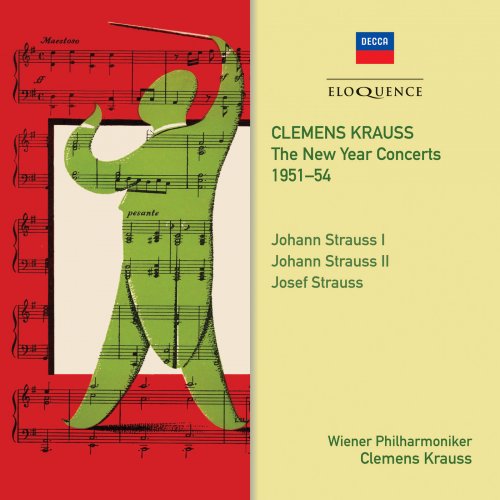
Artist: Wiener Philharmoniker, Clemens Krauss
Title: The New Year Concerts 1951–54
Year Of Release: 2017
Label: Decca Music Group Limited
Genre: Classical
Quality: FLAC (tracks)
Total Time: 2:34:33
Total Size: 577 MB
WebSite: Album Preview
Tracklist:Title: The New Year Concerts 1951–54
Year Of Release: 2017
Label: Decca Music Group Limited
Genre: Classical
Quality: FLAC (tracks)
Total Time: 2:34:33
Total Size: 577 MB
WebSite: Album Preview
01. Overture
02. Overture
03. Künstlerleben, Op. 316
04. Frühlingsstimmen, Op. 410
05. Mein Lebenslauf ist Lieb' und Leben - Waltz, Op. 263
06. Die Libelle, Polka Mazur, Op. 204 (1867)
07. Jokey-Polka, Op. 278
08. Im Krapfenwald'l - Polka française, Op. 336
09. Eljen a Magyar, Op. 332
10. Geschichten aus dem Wienerwald, Op. 325
11. Pizzicato Polka, Op. 234
12. Egyptischer Marsch, Op. 335
13. Vergnügungszug, Op. 281
14. Dorfschwalben aus Österreich, Op. 164
15. Moulinet, polka française, Op. 57
16. Ohne Sorgen (Without a care), polka schnell, Op. 271
17. Stadt und Land, Op. 322
18. Auf der Jagd, Op. 373
19. Morgenblätter, Op. 279
20. Feuerfest, Op. 269
21. Csárdás
22. Perpetuum mobile, Op. 257
23. An der schönen blauen Donau, Op. 314
24. Auf Ferienreisen, Polka schnell, Op. 133
25. Bei uns z'Haus, Waltz, Op. 361
26. Sphärenklänge, Op. 235
27. Annen Polka, Op. 117
28. Plappermäulchen - Polka schnell, Op. 245
29. Radetzky-Marsch, Op. 228
Of all the conductors who have championed the music of the Strauss family with the Vienna Philharmonic, it is Clemens Krauss who was one of the greatest pioneers. He it was who conducted the first New Year’s Day concert in 1939, and continued to lead the occasion on each new year until his death in May 1954, but only beginning with the second half of that 1954 concert was the event recorded for commercial release. For each of the previous years, Krauss and the Vienna Philharmonic had gone into the studio during the summer to set down a mix of waltzes and polkas which would, when released shortly after the concert proper, make a memento of the occasion for its increasingly worldwide audience on radio.
The various ‘New Year’s Concert’ albums are now presented together in a 2CD set. A new editorial note by the opera director and critic Mike Ashman gives context to the stupendous popularity of the Strauss family’s music, both in their time and ever since, to the all-too-short career of Krauss and to the tradition of the New Year concerts in Vienna.
To open the set, the overtures to Die Fledermaus and Die Zigeunerbaron make enticing tasters for Krauss’s Decca studio recordings of both operettas, also reissued by Eloquence (ELQ4827379 and ELQ4827371). Most of the sweetest Straussian lollipops are here, such as the Blue Danube and the Radetzky March, but so too are lesser-known treasures such as Die Libelle (The Dragonfly) and the Vergnügungszug Polka: in their different ways both supreme examples of Viennese light music, and conducted by Krauss with a lightness of touch perhaps rivalled since only by Carlos Kleiber.
As specialists in the idioms of ‘both’ Strausses – Richard and the Waltz King’s family – this pair of conductors was unique. Krauss himself was Austrian to the core, the son of a young Viennese court dancer and a banker well-connected at the Habsburg court. He had the unique lift of the waltz-rhythm at his command, and the unquestioned respect of the Vienna Philharmonic’s famously individualistic musicians, as these treasurable recordings demonstrate.
‘For those to whom The Blue Danube means something that you hear rushed through on the pier or in a café, this playing will be a revelation of sheer delight. Clemens Krauss does it all to perfection. It is good to have some less-known pieces … All ranges of brows, high to low, should have this record by them to restore spirits when in dumps.’ Gramophone, May 1954 (Third New Year’s Concert)
The various ‘New Year’s Concert’ albums are now presented together in a 2CD set. A new editorial note by the opera director and critic Mike Ashman gives context to the stupendous popularity of the Strauss family’s music, both in their time and ever since, to the all-too-short career of Krauss and to the tradition of the New Year concerts in Vienna.
To open the set, the overtures to Die Fledermaus and Die Zigeunerbaron make enticing tasters for Krauss’s Decca studio recordings of both operettas, also reissued by Eloquence (ELQ4827379 and ELQ4827371). Most of the sweetest Straussian lollipops are here, such as the Blue Danube and the Radetzky March, but so too are lesser-known treasures such as Die Libelle (The Dragonfly) and the Vergnügungszug Polka: in their different ways both supreme examples of Viennese light music, and conducted by Krauss with a lightness of touch perhaps rivalled since only by Carlos Kleiber.
As specialists in the idioms of ‘both’ Strausses – Richard and the Waltz King’s family – this pair of conductors was unique. Krauss himself was Austrian to the core, the son of a young Viennese court dancer and a banker well-connected at the Habsburg court. He had the unique lift of the waltz-rhythm at his command, and the unquestioned respect of the Vienna Philharmonic’s famously individualistic musicians, as these treasurable recordings demonstrate.
‘For those to whom The Blue Danube means something that you hear rushed through on the pier or in a café, this playing will be a revelation of sheer delight. Clemens Krauss does it all to perfection. It is good to have some less-known pieces … All ranges of brows, high to low, should have this record by them to restore spirits when in dumps.’ Gramophone, May 1954 (Third New Year’s Concert)
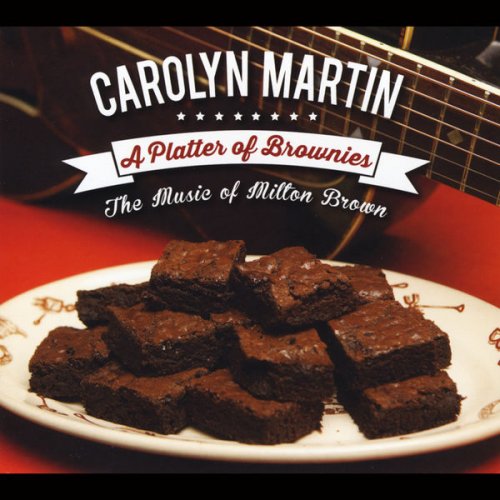
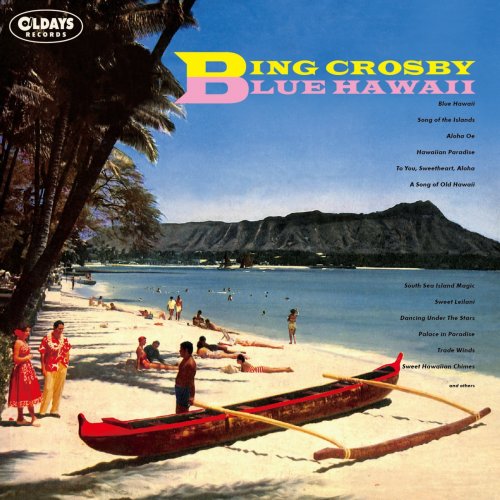
![Don Cherry, Nana Vasconcelos & Collin Walcott - Codona (1979/2025) [Hi-Res] Don Cherry, Nana Vasconcelos & Collin Walcott - Codona (1979/2025) [Hi-Res]](https://www.dibpic.com/uploads/posts/2025-12/1765970766_cover.jpg)

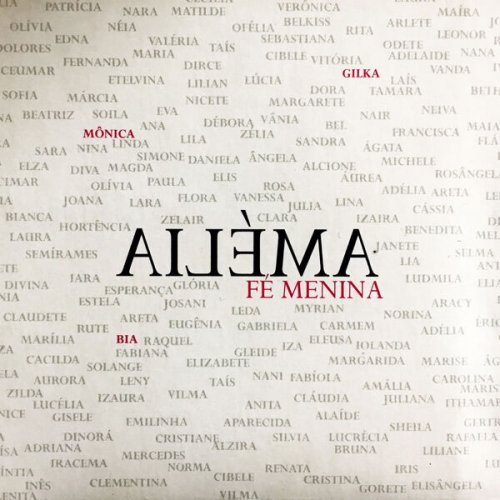
![Sibel Köse Septet - In Good Company (2025) [Hi-Res] Sibel Köse Septet - In Good Company (2025) [Hi-Res]](https://www.dibpic.com/uploads/posts/2025-12/1765846644_uizwujac4ht2d_600.jpg)

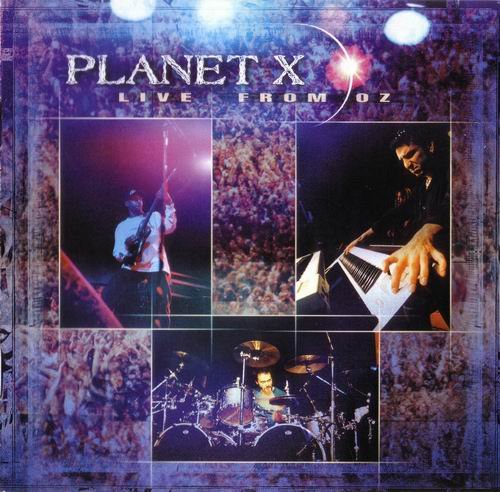
![Nectar Woode - Live at Village Underground (Live At Village Underground) (2025) [Hi-Res] Nectar Woode - Live at Village Underground (Live At Village Underground) (2025) [Hi-Res]](https://img.israbox.com/img/2025-12/15/eiazyx7yigt2lhbv1tcd3eos6.jpg)